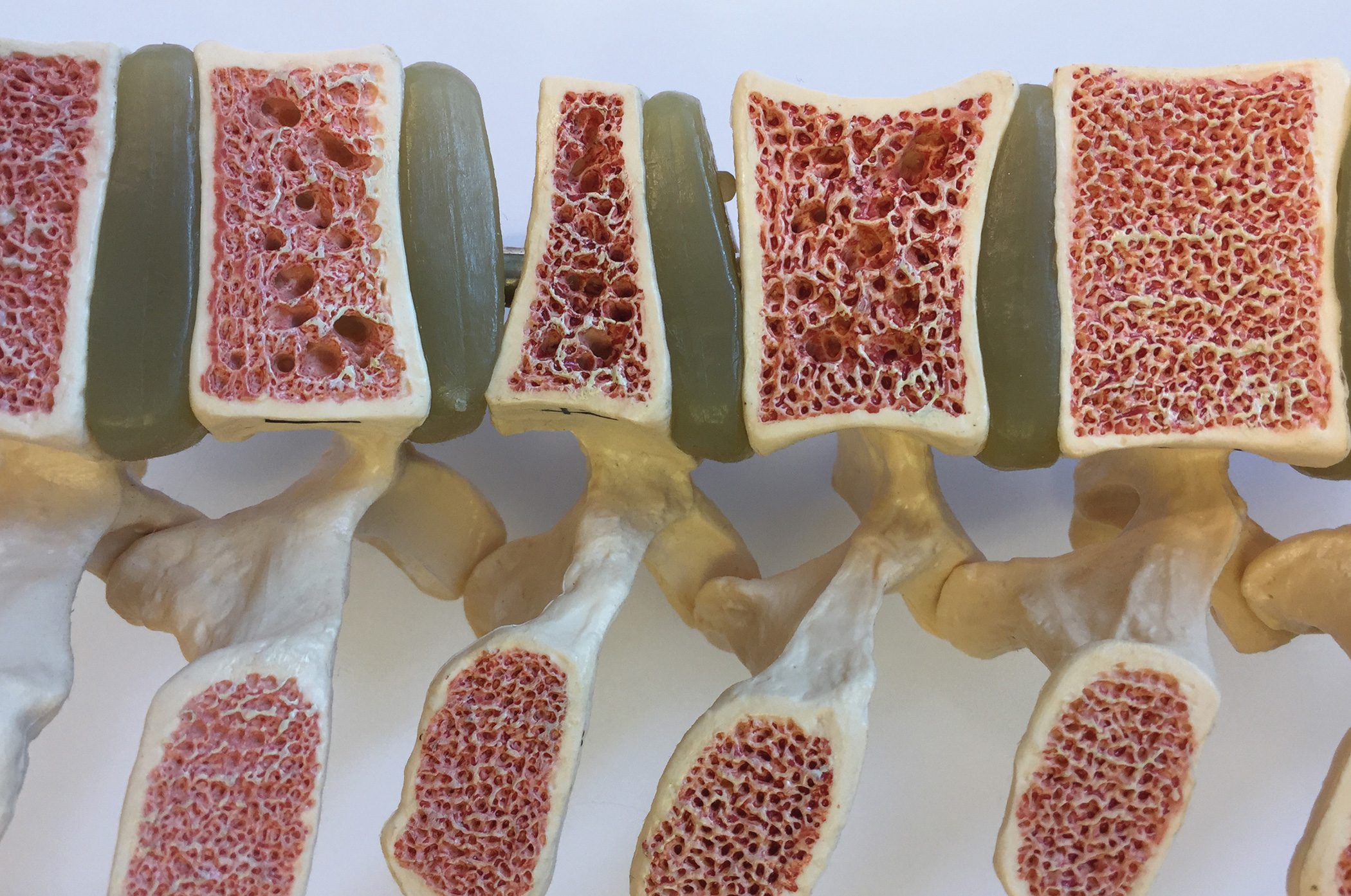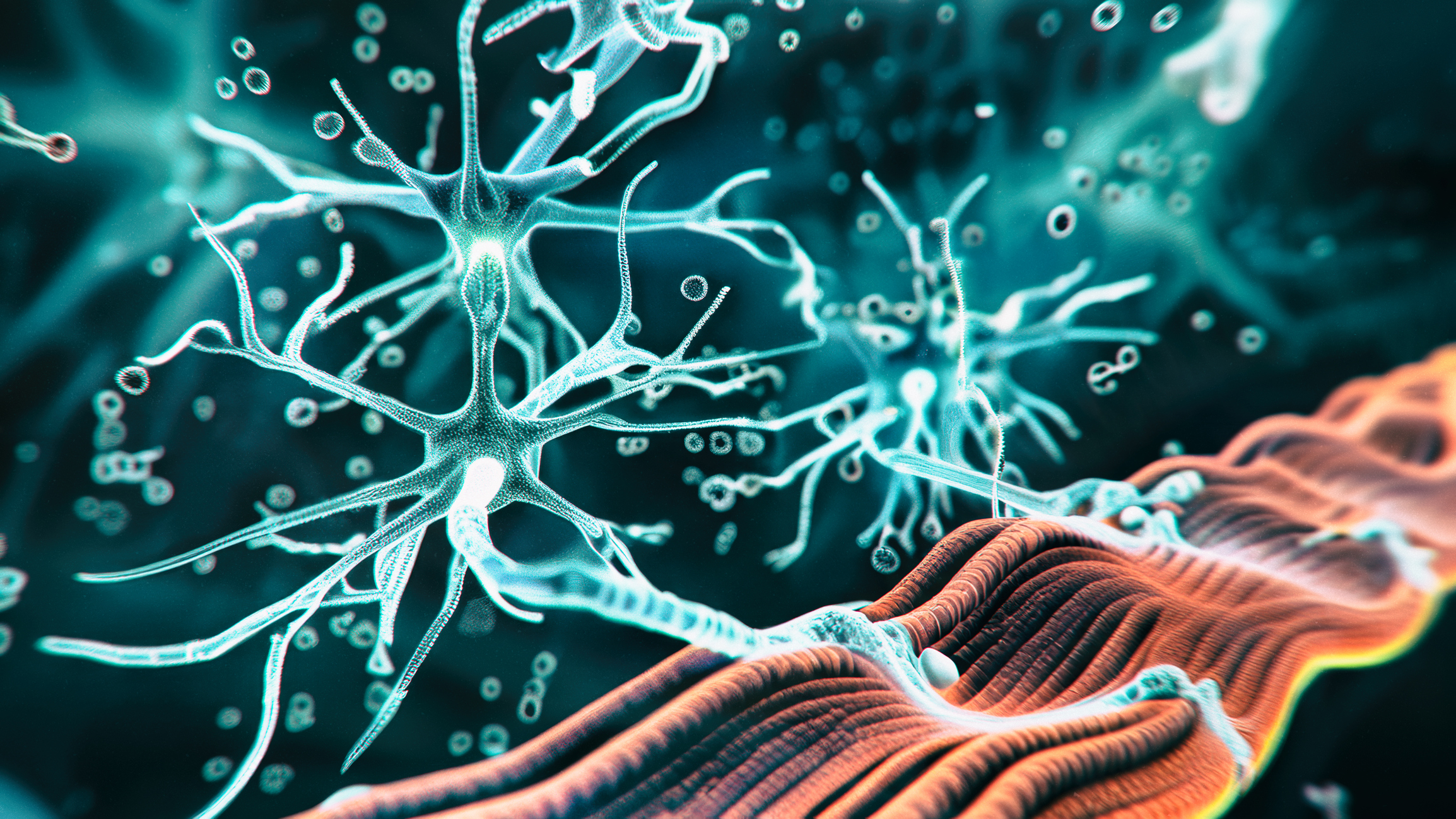With the public availability of ChatGPT 3.5 in fall 2022 at the latest, artificial intelligence in the sense of large language models (L LMs) is on everyone’s lips. However, it is often forgotten that this is only the provisional end point of decades of development of artificial intelligence, which, despite its great potential, still has many limitations. The question for practising doctors is how this technology can be used sensibly in everyday clinical practice – and how it should not be used.
Autoren
- Dr. med. Lukas Dürst
- Dr. med. Marc Oertle
Publikation
- CARDIOVASC
Related Topics
You May Also Like
- Cystic fibrosis
Small spray – big footprint
- From symptom to diagnosis
Abdominal pain – Gastric outlet stenosis
- When the bones become more fragile: “Case Finding”
Fracture risk reduction in osteoporosis
- Biologics for plaque psoriasis
What increases the chance of a sustained remission?
- Findings from the ALS Symposium 2024 in Montreal
Current and future approaches in the treatment of amyotrophic lateral sclerosis (ALS)
- Pain and autism
Hurdles to pain treatment for autistic patients
- Long-COVID
Increased risk with asthma and COPD
- Atopic dermatitis in children












